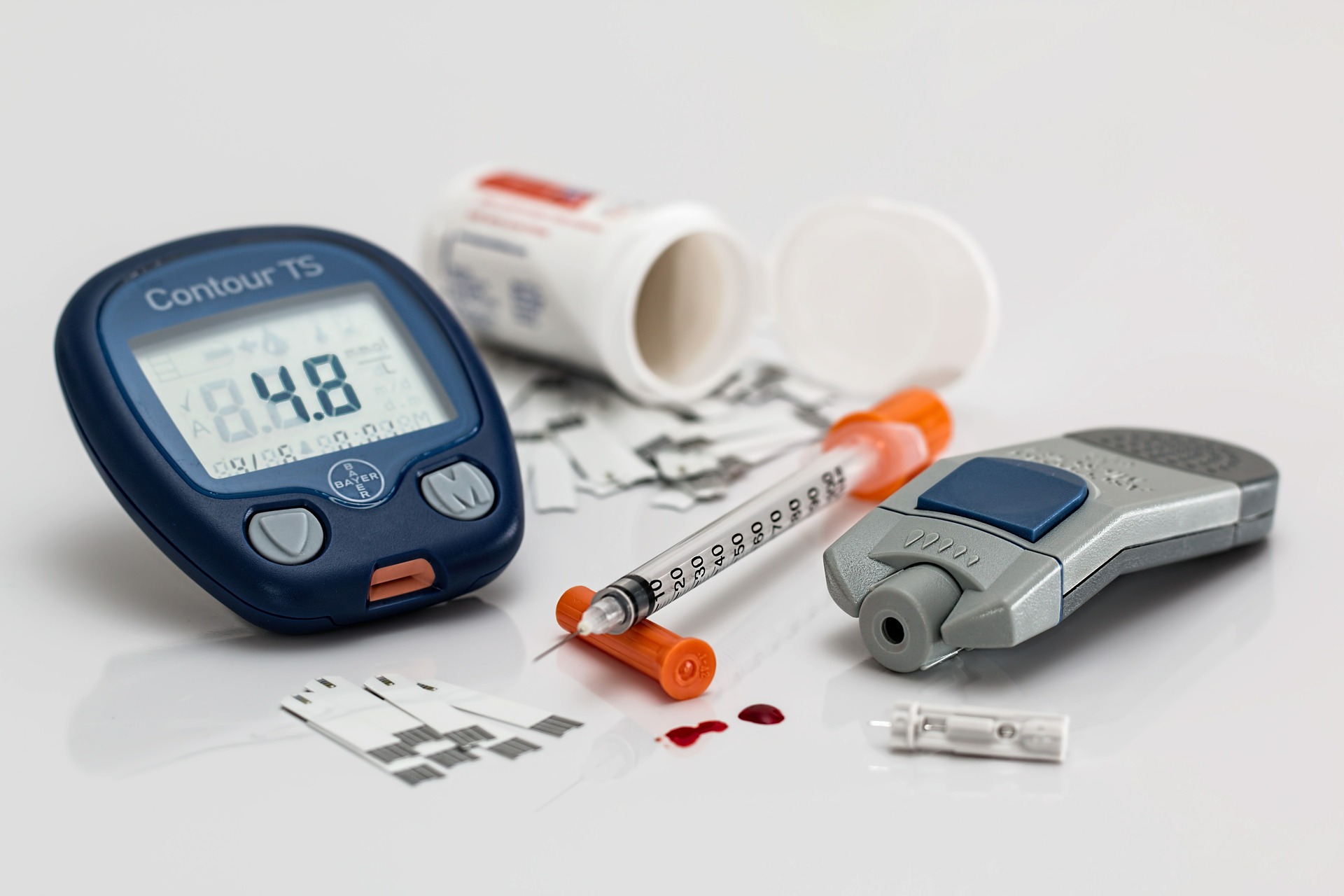Have you found that despite disciplined diet control and good exercise habits, it is still hard to lose fat? The answer may not lie in what you are doing wrong, but rather in something that is not usually linked to fat loss: the hormone insulin, and your body’s sensitivity to it, which may affect your ability to lose fat. But don’t worry, there are ways to counteract this!
You are probably familiar with insulin from its effects on diabetic people. However, insulin and the way your body responds to it can determine how much fat you retain. Insulin sensitivity essentially means how well your cells respond to insulin, a hormone that tells your cells to absorb sugar from the blood.
When your cells have low insulin sensitivity, they don’t respond to insulin that well. They are insensitive to insulin, meaning it takes more to make them notice that there’s even insulin there. As insulin levels increase, fat storage also increases, because low levels of insulin cause fatty acids to be released. In other words, when you have high insulin levels, it is harder to lose fatty acids. This insulin sensitivity effect is often seen in people who have eaten large quantities of foods with a high glycemic index and processed foods over their lifetime. These people are very sensitive to carbohydrate intake, since carbohydrates are what tend to elevate insulin levels the most as well as be stored as fat if there is an excess intake.
There are ways to counteract this effect and lose fat levels. One way to do this is to eat carbohydrates at times of the day when your body has a naturally high insulin sensitivity. These times are in the morning and right after a workout.
Image Source: Paul Conrath
This brings us to the next point: engaging in some sort of strength training or anabolic exercise will actually increase your insulin sensitivity, as your muscles will want to absorb more glucose after a workout in order to replenish their energy. Essentially, strength training places muscles into a “starved” state that will make them more receptive to insulin, because insulin is the signal for muscles to intake glucose. Since less insulin will now be needed to make your muscles responsive, there will be lower insulin levels in your blood, and, as a result, less fat storage.
While it may seem like a tough task to lose fat, some smart diet changes such as monitoring the timing of intake of carbohydrates and incorporating strength training into your exercise regimen should help you blast away that unwanted fat!
Feature Image Source: stevepb










